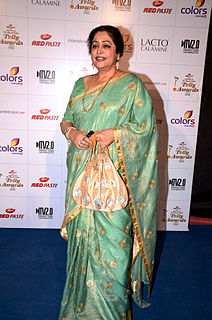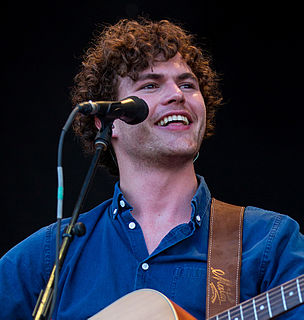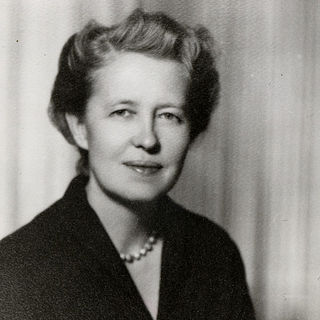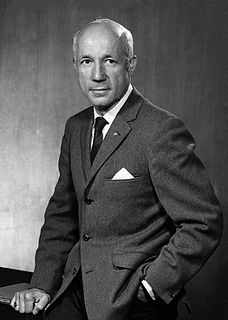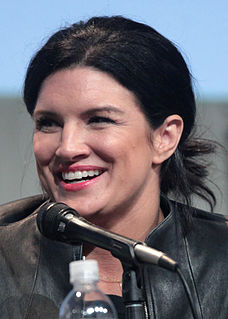A Quote by Alejandro Gonzalez Inarritu
Two words guided the making of 'Babel' for me: 'dignity' and 'compassion.' These things are normally forgotten in the making of a lot of films. Normally there is not dignity because the poor and dispossessed in a place like Morocco are portrayed as mere victims, or the Japanese are portrayed as cartoon figures with no humanity.
Related Quotes
Making loans and fighting poverty are normally two of the least glamorous pursuits around, but put the two together and you have an economic innovation that has become not just popular but downright chic. The innovation - microfinance - involves making small loans to poor entrepreneurs, usually in developing countries.
The Constitution contains no 'dignity' Clause, and even if it did, the government would be incapable of bestowing dignity. ... Slaves did not lose their dignity (any more than they lost their humanity) because the government allowed them to be enslaved. Those held in internment camps did not lose their dignity because the government confined them. And those denied governmental benefits certainly do not lose their dignity because the government denies them those benefits.
Most songwriting like poetry takes a careful selection of words. Sometimes you're just channeling something and a selection of words come out that you wouldn't normally say, but you come up with an assortment of words that are really special. It just makes sense even if it's normally how you wouldn't express yourself.









